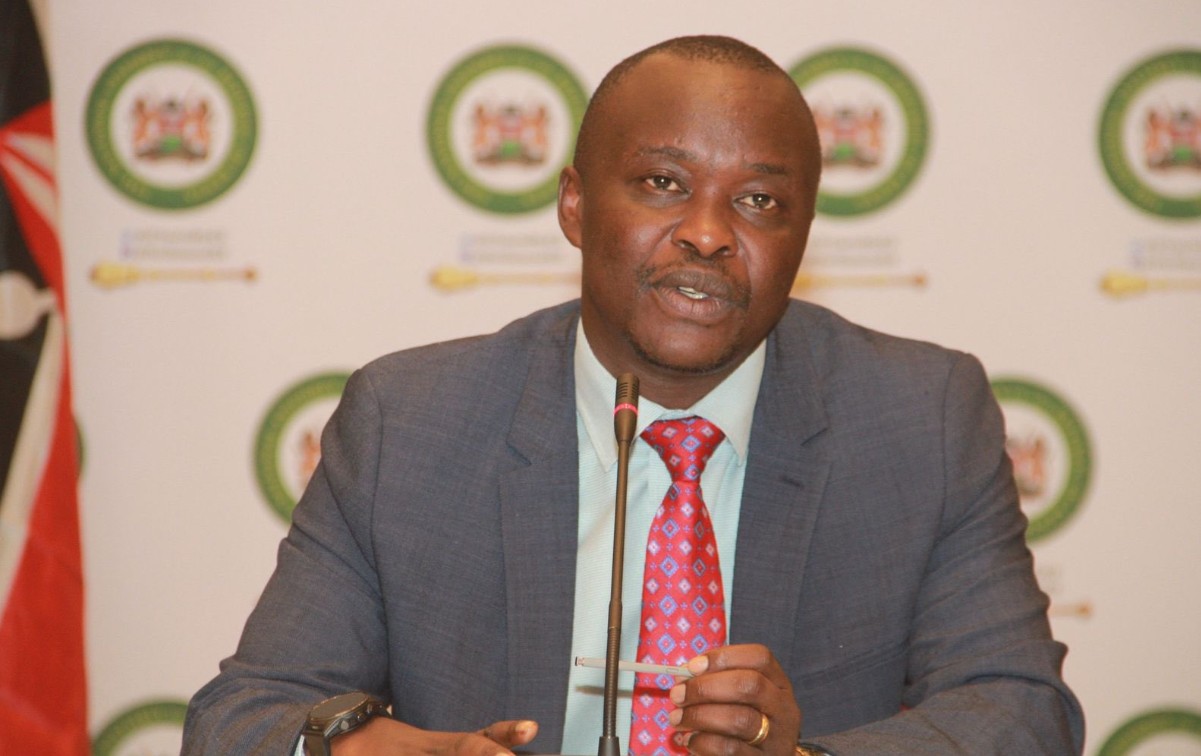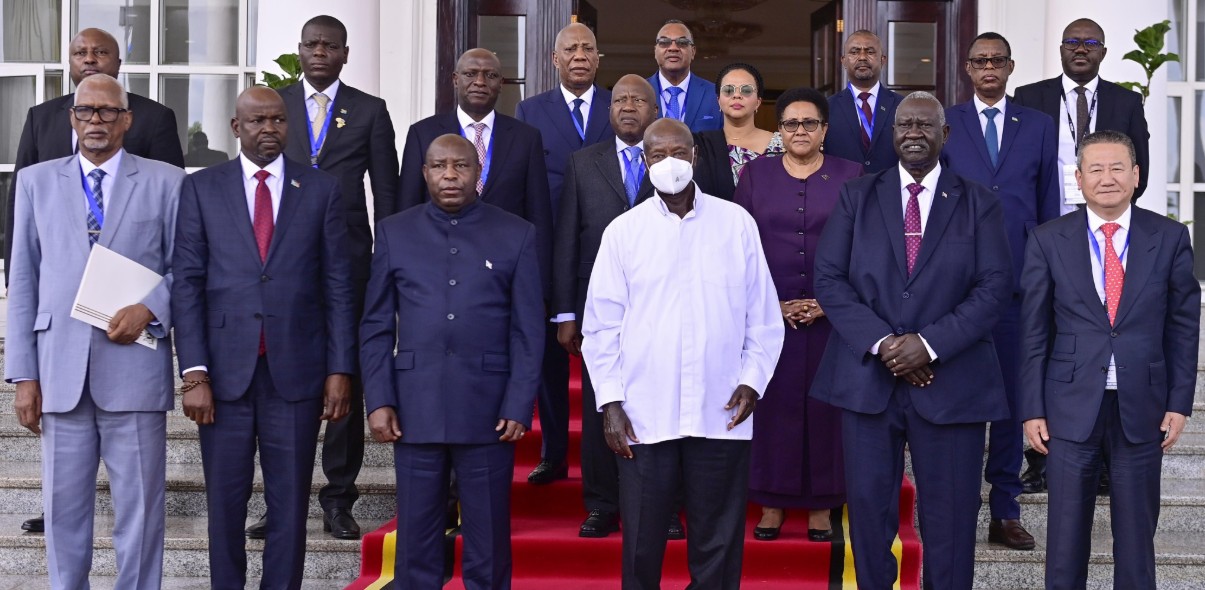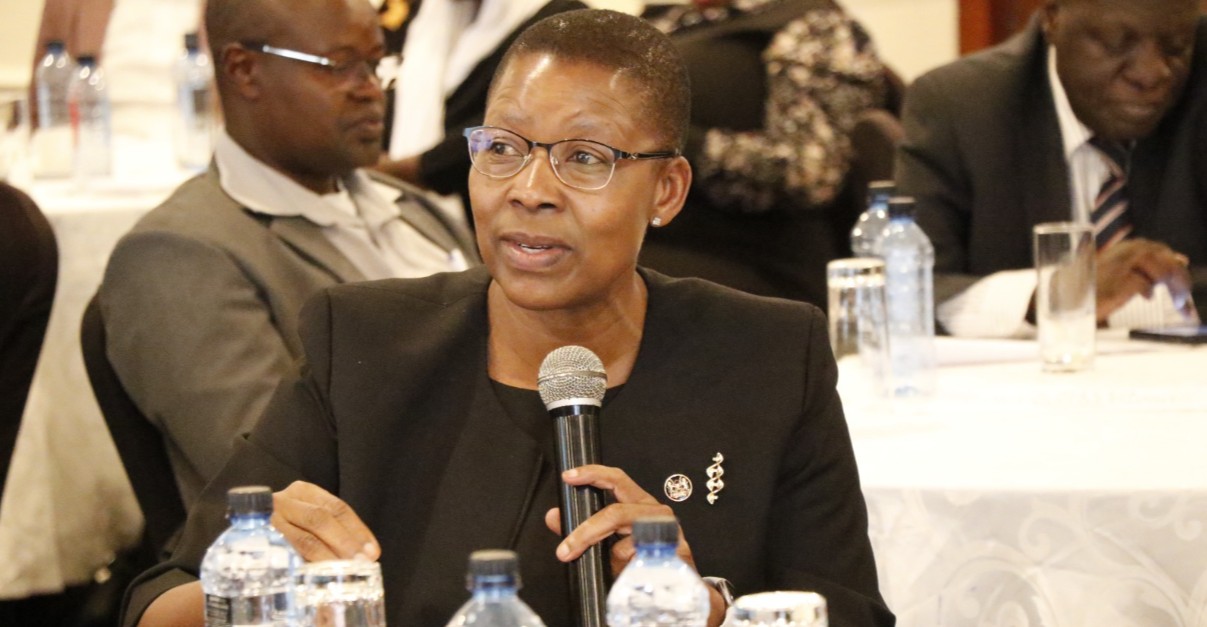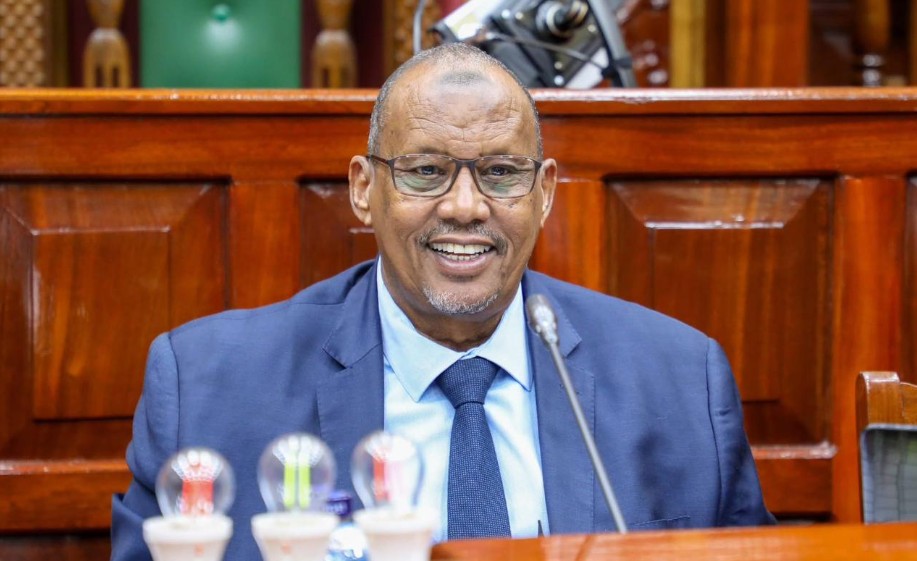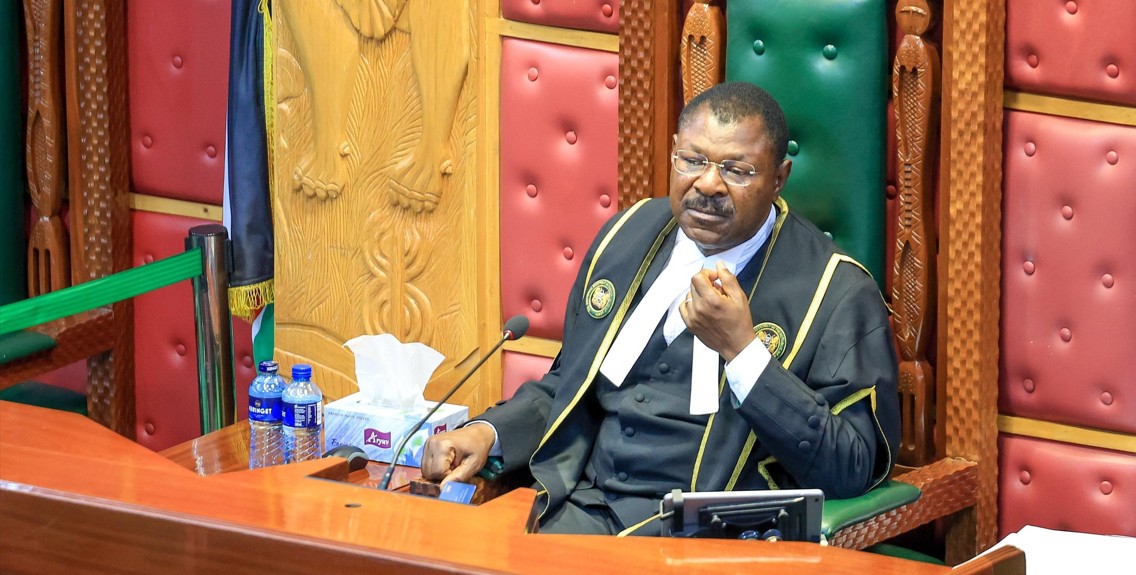Why Kenya risks losing billions if it ignores World Bank public sector reform recommendations
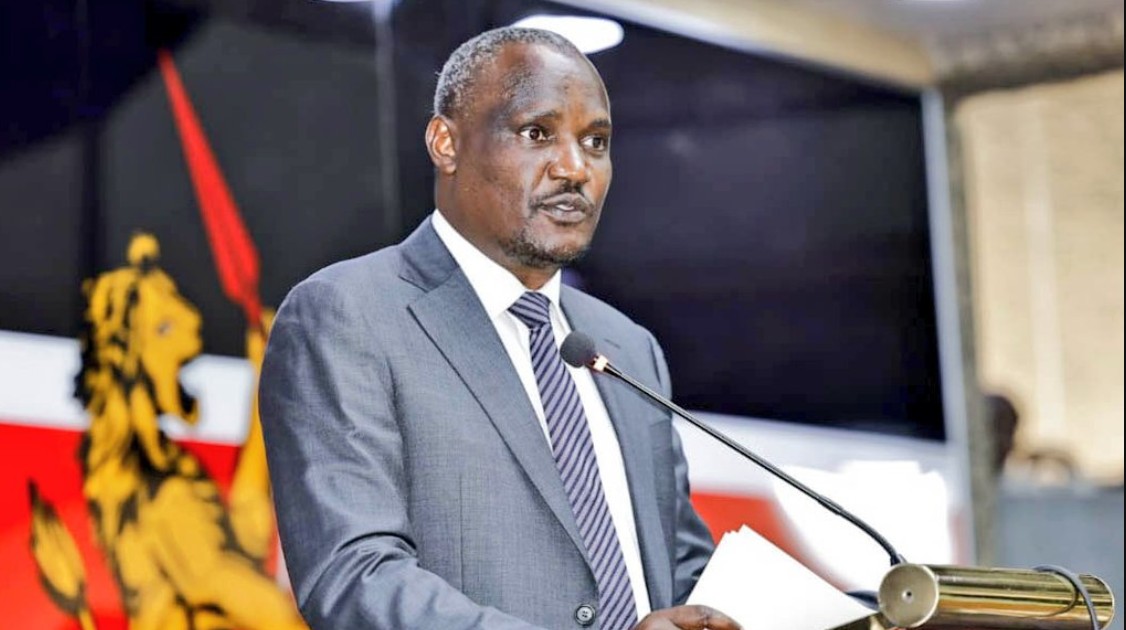
The World Bank indicated that inefficiencies in payroll management, excessive allowances and unchecked staff expansion, particularly at the county level, are straining public finances and undermining service delivery.
Kenya could save billions by freezing new public service hires, eliminating ghost workers and curbing runaway allowances, the World Bank has recommended, warning that the current wage bill is fiscally unsustainable.
In its latest Public Finance Review, the World Bank indicated that inefficiencies in payroll management, excessive allowances and unchecked staff expansion, particularly at the county level, are straining public finances and undermining service delivery.
More To Read
- World Bank flags wasteful spending on public servants’ travel allowances
- Katiba Institute sues President Ruto over 'unconstitutional' creation of advisory posts
- World Bank urges scrapping of SHIF deductions for low-wage workers, cites threats to UHC goals
- World Bank warns of mounting fiscal pressure as Kenya faces debt distress risk
- World Bank: Africa risks missing growth dream amid rising conflict, fragile reforms
- Turkana to take over Sh2bn infrastructure project under Kenya–South Sudan Link Road Programme
The lender has now proposed a two-year freeze on routine administrative hiring in both national and county governments, coupled with automation of public sector processes to cut costs.
The report advises that the government adopt automation in offices to reduce reliance on staff in repetitive administrative roles.
According to the World Bank, this shift could allow more resources to be directed toward increasing personnel in critical service delivery areas such as health, education and water management—sectors expected to come under more pressure from climate-related challenges.
“This can allow for staff numbers to be increased in service delivery roles in health, education, or better water management in a context of growing climate impacts, enabling service delivery improvements in a fiscally neutral way,” reads the report.
Exempt high-demand sector
While advocating for a freeze on most new hiring, the lender highlighted the need to exempt high-demand sectors like education, where staffing shortfalls would hamper essential services.
Instead of bringing in new employees, the bank proposes a skills audit and redeployment of current staff to minimise institutional fragmentation and improve efficiency.
The call for restraint comes as the number of public servants in Kenya reached 968,452 in 2024, with county governments accounting for about 22 per cent of the total public workforce.
Despite this ballooning workforce, only six out of 47 counties met the 35 per cent wage-bill-to-revenue ratio required by law in the last fiscal year, data from the Salaries and Remuneration Commission (SRC) shows.
Unsustainable wage bill
The World Bank warns that although the national government’s personnel emoluments remain within legal limits, the combined wage bill of both levels of government is unsustainable. It estimates that reducing the wage bill to the legal threshold could create fiscal room equivalent to 0.4 per cent of the country’s gross domestic product (GDP).
A major source of financial leakage, according to the report, is systemic inefficiency in payroll controls and human resource management.
The Bank identifies extensive use of manual payroll systems, which are prone to manipulation and poor succession planning that delays the retirement of civil servants past their eligible dates, as key problems.
It proposes the introduction of a unified human resource information system to oversee the entire employment cycle across the public service and calls for a comprehensive audit and clean-up of payroll registers to remove ghost workers.
Eliminating ghost workers
Had Kenya resolved these payroll weaknesses between 2019 and 2023, the World Bank notes that the government could have saved up to Sh5.382 billion by eliminating ghost workers, Sh3.354 billion in irregular domestic and foreign travel allowances, and Sh2.051 billion from salary overpayments and unexplained payroll anomalies.
The review also points to irregular allowances, which cost the taxpayer Sh1.712 billion during this period, an additional Sh932 million in unapproved remuneration structures and Sh507 million from noncompliance with SRC’s allowance guidelines.
The World Bank is also pushing for a 50 per cent cut in the government’s travel budget, which stood at Sh19.6 billion in the 2022/23 financial year.
A significant chunk, Sh6.2 billion or about 32 per cent, was spent on Daily Subsistence Allowances (DSAs), commonly known as per diems.
The report criticises current allowance practices as incoherent and wasteful, revealing that about 40 per cent of the total wage expenditure for permanent staff and appointed or elected officials is spent on both remunerative and facilitative allowances. These allowances, the lender says, are being used to top up basic pay rather than reward specific job outputs or performance, creating incentives for absenteeism and undermining productivity.
“These allowances have been used to supplement basic pay rather than as rewards for specific jobs or work performance. This undermines productivity as staff are frequently absent from their duty stations since the system creates incentives to seek per diems,” reads the report.
Per diems
The bank further criticises the rampant use of per diems, saying they have led to the proliferation of unnecessary meetings, committees and delays in administrative decision-making. It notes that technical outputs that would typically be produced by consultants are instead being developed through prolonged and costly workshops held away from duty stations, involving large groups of staff.
The World Bank is recommending stricter regulation of travel frequency, revision of travel budget ceilings and standardisation of DSA rates across all job grades and government levels.
It also wants the per diems for foreign travel aligned with international benchmarks such as those of the United Nations Development Programme (UNDP). The report highlights that a Kenyan civil servant currently receives an average of $513 (about Sh66,353) in daily per diem for a trip to the US.
However, if rates were standardised using MDA benchmarks, the cost per officer would drop to $326 (Sh42,119), saving $187 per day. Using the UNDP rate would reduce the cost to $460 (Sh59,498), yielding a daily saving of $53 per officer.
The recommendations come at a pivotal moment as Parliament debates the 2025 Finance Bill and the 2025/26 budget estimates ahead of the national budget statement.
The Treasury aims to raise an additional Sh30 billion from the Bill, though it has opted not to introduce new taxes following widespread and deadly protests over tax hikes in the 2024 Finance Act.
Treasury Cabinet Secretary John Mbadi has proposed a Sh130 billion cut to the initial Sh4.3 trillion budget for the 2025/26 financial year, projecting a fiscal deficit of 4.5 per cent of GDP, down from 5.1 per cent in the previous year.
Top Stories Today



